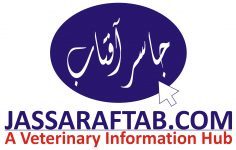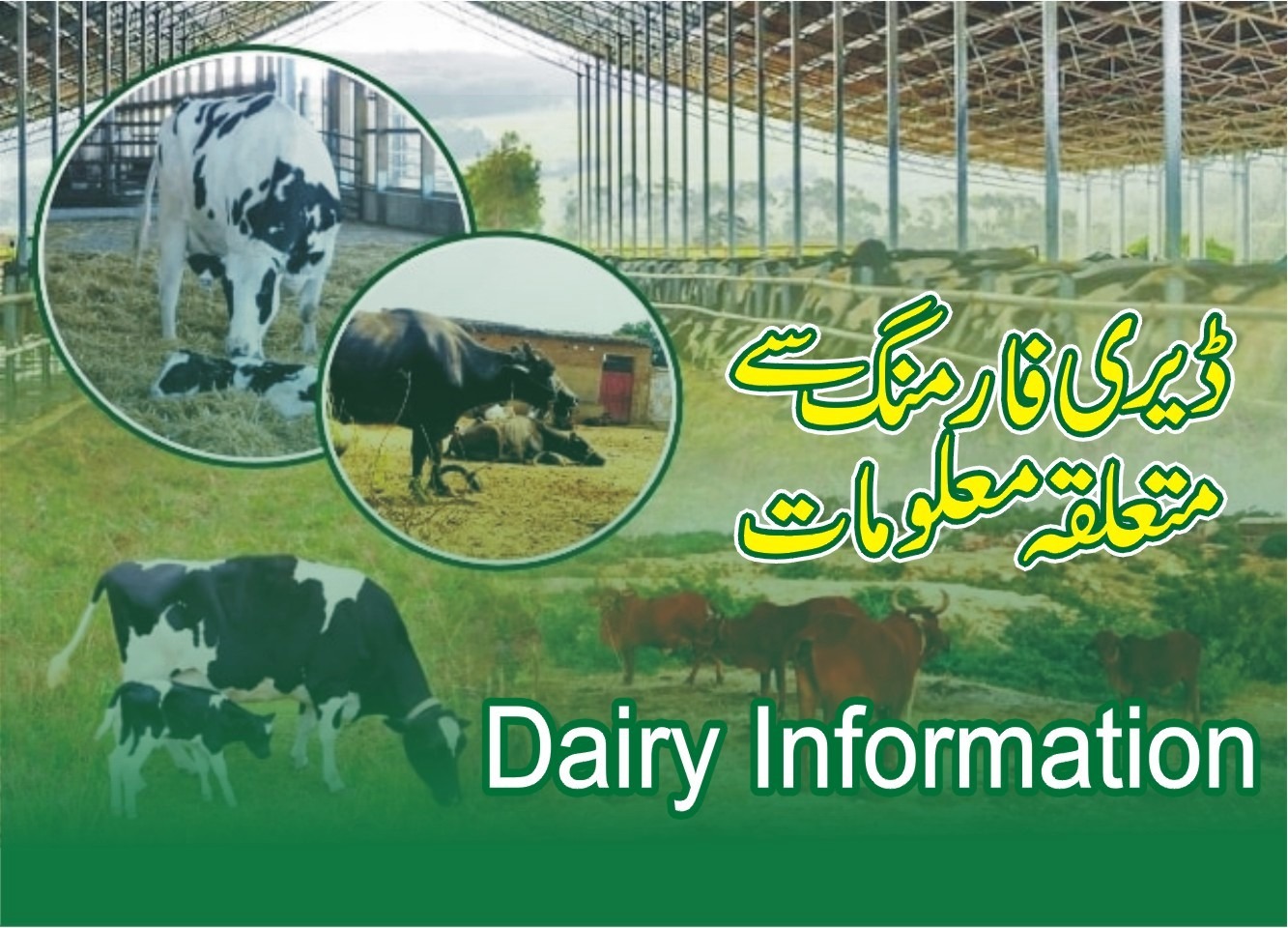Deworming in Livestock and Gastrointestinal Parasites in Cattle
Vet Crescent Society of UVAS organized veterinary camp at Rana Akhtar Farm. Besides livestock deworming, they also provided veterinary care. During this camp, students learnt about cattle deworming against internal parasites of cattle. Besides deworming in cow, they also learnt about deworming in buffalo and other animals. Experts told about the different aspects Gastrointestinal Parasites in cattle and other animals including of round worms, tape worms and flukes. They also discussed the benefits of deworming in livestock, specially advantages of deworming in cattle.
معلومات: لائیوسٹاک میں ڈیورمنگ کے مختلف پہلو، ویٹ کریسنٹ سوسائٹی کے زیر اہتمام ویٹرنری کیمپ کا انعقاد
Deworming in Livestock and Internal parasites
Livestock play a crucial role in global agriculture. It provides essential resources such as meat, milk, and wool. One of the key practices in livestock management is deworming in livestock. It is important to maintain their well-being and productivity. Not only deworming in cattle, it also important in other animals including buffalo, sheep and goats.
There are two types of parasites, internal parasites and external parasites. Internal parasites live inside the body in different organs. On the other hand, external parasites live on the skin and affect animal in different ways. Gastrointestinal Parasites in cattle and other animals are more important among internal parasites.
مشیگن سٹیٹ یونیورسٹی میں بائی پاس فیٹ میں فیٹی ایسڈز کے تناسب کے حوالے سے نئی تحقیق
Internal parasites of cattle pose a significant threat to the health of livestock. Moreover, they affect their growth, reproduction, and overall productivity. Worms such as roundworms, tapeworms, and flukes can cause a range of issues. These issues include weight loss, diarrhea, anemia, and even death in severe cases.
Livestock kept in pastures or communal environments are particularly susceptible to parasitic infections. So we should take measures to control internal parasites in cattle and other animals.
Types of Gastrointestinal Parasites
Different types of internal parasites of cattle and other animals or specially gastrointestinal parasites are following:
Roundworms (Nematodes): These parasites can lead to digestive issues, poor weight gain, and decreased feed efficiency.
Tapeworms (Cestodes): Tapeworm infections may cause digestive disturbances, leading to malnutrition and weight loss.
Flukes (Trematodes): Liver flukes, in particular, can result in liver damage, reduced feed intake, and impaired growth.
ہیٹ سٹریس جیسے مسئلے پر خوراک اور مینجمنٹ سے کیسے قابو پائیں؟ عالمی ماہرین کا میڈیا کو جاری بیان
Advantages of Deworming in cattle and other animals:
Livestock Deworming helps control and reduce the internal parasite burden in livestock. Furthermore, this leads to improve the overall health of animal. Healthy animals are more resistant to diseases and have better growth rates. Moreover, livestock deworming or cattle deworming it also increases the productivity. There are also other benefits of deworming in livestock.
By preventing parasitic infections, cattle deworming contributes to enhanced productivity in terms of meat, milk, and wool production. Healthy animals are more likely to reach their full potential in terms of weight gain and reproductive performance.
On the other hand, regular deworming in cow and other animals is the cost effective strategy. It helps avoid economic losses associated with decreased productivity, veterinary expenses, and potential livestock mortality. These are the advantages of deworming in cattle.
کمرشل ڈیری فارمز پر فیڈ کے اخراجات کی مینجمنٹ؛ پاکستان ڈیری ایکسپو میں خصوصی سیشن
Guidance on Deworming in Livestock
Always Consult with a veterinarian to develop a tailored deworming plan based on the specific needs and challenges of your livestock. Vet will guide the deworming schedule depending upon the factors like the type of livestock, age, and local environmental conditions.
Normally deworming in cow and other animals is recommended after every three months. Rotational grazing practices can help reduce parasite exposure by allowing pastures to rest and interrupting the lifecycle of certain parasites.
Regular veterinary guidance and a proactive approach to parasite control are key elements. These are important in maintaining a healthy and robust livestock population. Guidance of veterinary doctor will give the more benefits of deworming in livestock.







